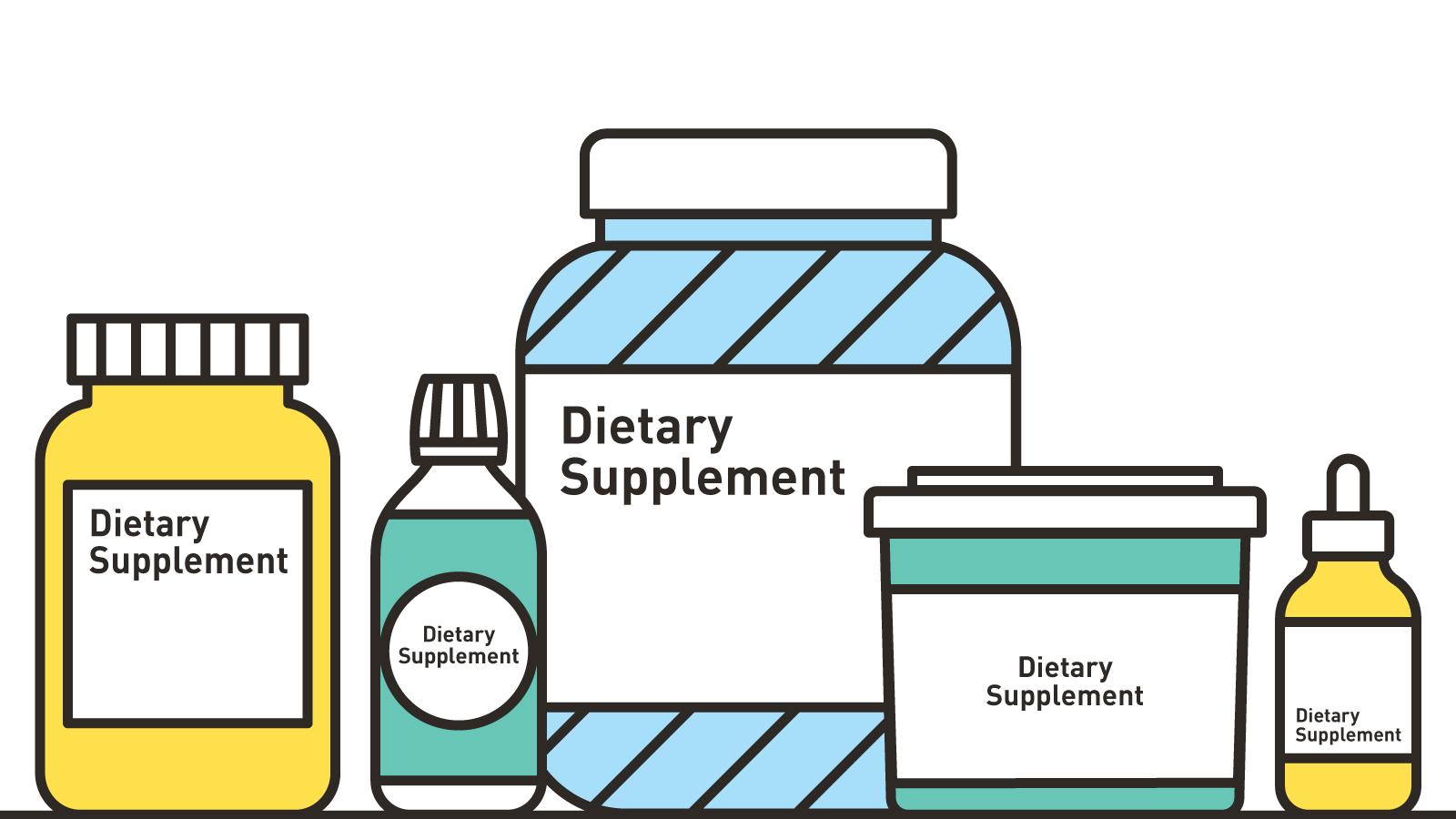In an era where wellness trends and health hacks dominate our newsfeeds, the allure of dietary supplements as a quick fix for nutritional needs has never been stronger. From vibrant bottles lining store shelves to targeted online ads promising vitality and longevity, supplements have become a staple in the quest for optimal health. But amid the promises and convenience, a critical question arises: should these capsules and powders be considered a substitute for a balanced diet? As we delve into this debate, we explore the intricate balance between nature’s bounty and modern science, examining whether supplements can truly stand in for the diverse palette of nutrients found in whole foods. Join us as we navigate the colorful landscape of nutrition, where health meets innovation, and tradition challenges modernity.
Exploring the Nutritional Gaps: When Supplements Step In
In the quest for optimal health, it’s crucial to understand where our regular diets might fall short. While whole foods are the best source of nutrients, there are situations where they might not provide everything our bodies need. This is where supplements can play a role, stepping in to bridge nutritional gaps that can be hard to fill otherwise. Common areas where people might need supplementation include:
- Vitamin D: Often lacking in those with limited sun exposure or living in northern climates.
- Omega-3 Fatty Acids: Essential for heart health, but not easily obtained unless consuming fatty fish regularly.
- Iron: Particularly crucial for women of childbearing age who may be prone to deficiencies.
- Vitamin B12: Important for vegans and vegetarians, as it’s primarily found in animal products.
These examples illustrate that while supplements can be beneficial, they are not a substitute for a diverse and balanced diet. They should be considered as part of a holistic approach to nutrition, complementing the wide array of nutrients that come from whole foods. Ultimately, the key is to use supplements wisely and under professional guidance to ensure they truly enhance one’s nutritional profile without overshadowing the importance of dietary variety.

Understanding the Limitations: Why Supplements Cant Fully Replace Food
While supplements can be valuable for filling specific nutritional gaps, they can’t replicate the complex matrix of nutrients found in whole foods. Whole foods provide a synergy of vitamins, minerals, fiber, and antioxidants that work together to promote optimal health. Supplements, on the other hand, often isolate specific nutrients, potentially missing out on this beneficial interaction.
- Absorption and Bioavailability: Nutrients in whole foods are often more bioavailable, meaning your body can absorb and utilize them more effectively than their isolated counterparts in supplements.
- Complex Nutrient Profiles: Whole foods contain a broad spectrum of nutrients, many of which have yet to be fully understood or replicated in supplement form.
- Potential for Overconsumption: It’s easy to consume excessive amounts of certain vitamins and minerals through supplements, which can lead to adverse health effects.
Therefore, while supplements can play a role in supporting health, they should complement, not replace, a diet rich in diverse, whole foods. Eating a variety of fruits, vegetables, whole grains, and proteins remains the best approach to achieving balanced nutrition.
The Science Behind Supplements: Efficacy and Safety Considerations
The landscape of dietary supplements is vast and varied, often promising enhanced health and performance. At the heart of these claims lies the question of efficacy—do these supplements truly deliver the benefits they purport? Scientific research on the subject is extensive, yet not always conclusive. Some supplements, like omega-3 fatty acids and vitamin D, have demonstrated clear benefits in numerous studies. However, others lack robust evidence to support their effectiveness. It’s crucial to differentiate between supplements with well-substantiated benefits and those riding the wave of popular trends.
Equally important are the safety considerations associated with supplement use. Unlike pharmaceuticals, dietary supplements are not always subjected to rigorous testing before hitting the market. Potential risks include contamination, mislabeling, and interactions with prescription medications. To navigate this complex terrain, consumers should consider the following:
- Research: Delve into scientific studies and evidence backing the supplement’s claims.
- Consultation: Speak with healthcare providers to understand personal health needs and risks.
- Certification: Look for third-party testing labels, ensuring quality and safety standards.
By approaching supplements with a critical eye, one can make informed decisions that prioritize both efficacy and safety.

Crafting a Balanced Approach: Integrating Supplements into Your Diet
Incorporating supplements into your dietary routine requires a thoughtful approach to ensure they complement rather than overshadow your meals. Supplements can offer targeted nutritional benefits, filling gaps that may exist in your diet. However, they should be seen as enhancers rather than substitutes for whole foods. Whole foods provide a complex matrix of nutrients that work synergistically, something that isolated supplements can’t fully replicate.
- Identify Nutritional Gaps: Begin by assessing your dietary intake to determine where supplements might be beneficial. Consulting with a healthcare professional can provide insights into specific deficiencies.
- Quality Over Quantity: Choose high-quality supplements with minimal additives. The focus should be on supplements that offer bioavailability and are backed by credible research.
- Balance and Moderation: Use supplements to support, not replace, a diverse and balanced diet. Rely on a variety of foods to ensure you get a wide range of nutrients.
By integrating supplements mindfully, you can enhance your nutritional profile without compromising the benefits of a balanced diet. This balanced approach ensures you reap the full benefits of both worlds.
The Conclusion
In the ever-evolving landscape of health and nutrition, the debate surrounding supplements versus a balanced diet remains as dynamic as ever. As we navigate this complex conversation, it’s crucial to remember that the journey to optimal health is deeply personal and unique to each individual. Supplements, with their convenience and concentrated nutrients, can certainly play a role in filling dietary gaps, especially in our fast-paced modern lives. However, they are not a panacea.
The essence of nourishment lies in the vibrant, diverse tapestry of whole foods that provide not only essential vitamins and minerals but also a symphony of flavors, textures, and experiences that enrich our lives. As we weigh the pros and cons of supplements as a dietary replacement, let us not lose sight of the fundamental truth: a balanced diet is not merely a means to an end but a journey of exploration and connection with the world around us.
Ultimately, the choice between supplements and a balanced diet is not a binary one but a matter of harmony and balance. As we continue to explore and understand our nutritional needs, may we strive for a holistic approach that honors both the science of supplementation and the art of a well-rounded diet. After all, in the grand mosaic of health, every piece has its place.

